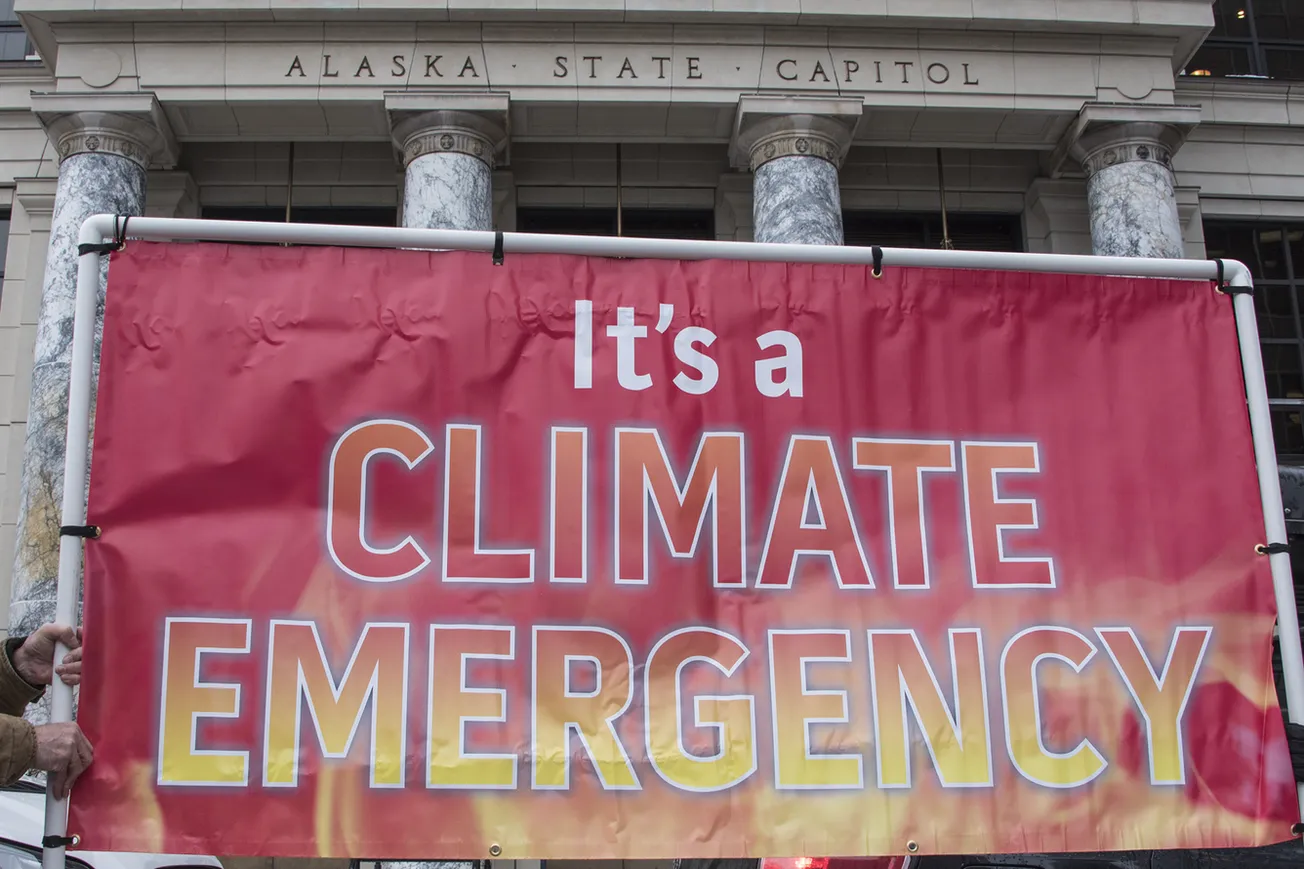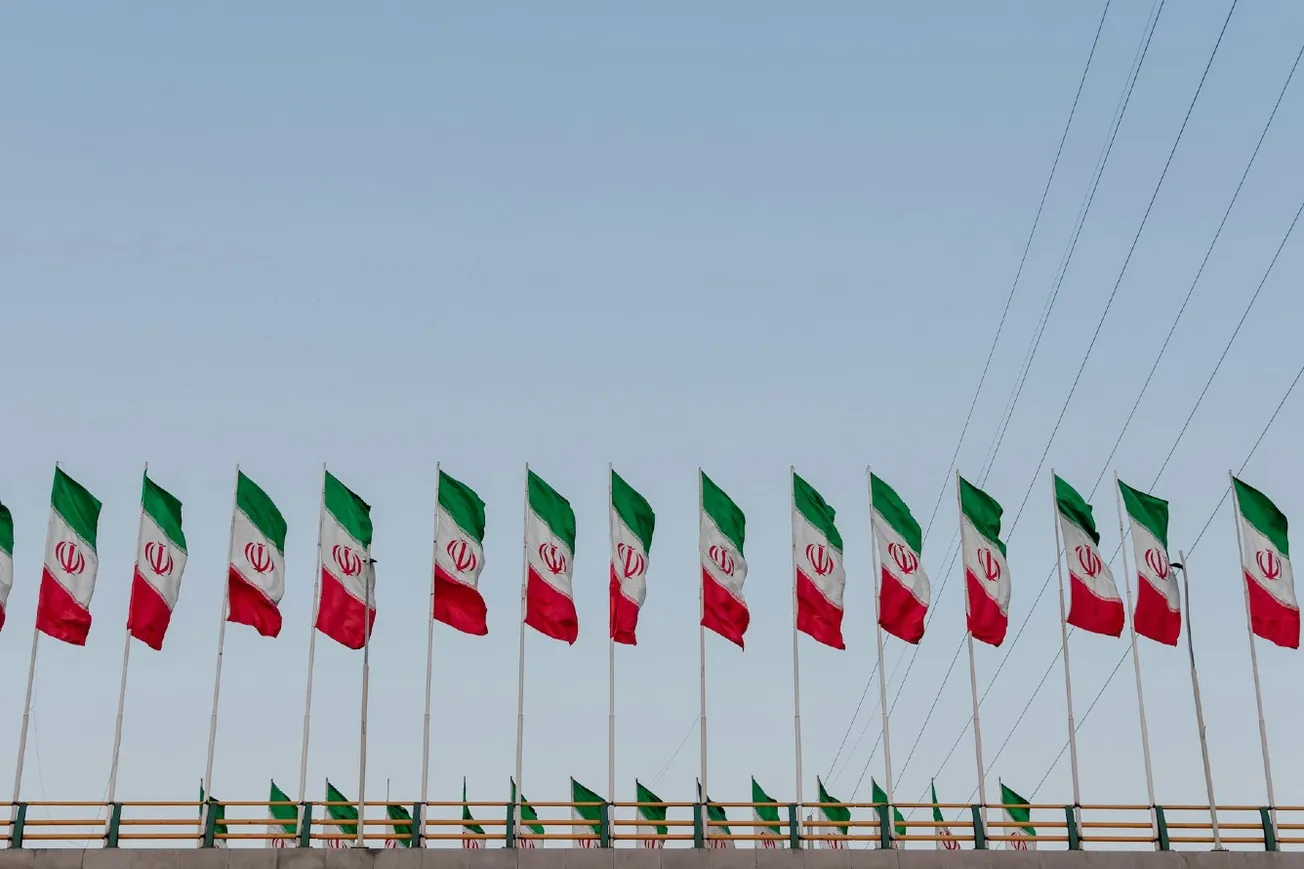By Michael McKenna for the Daily Caller Foundation
Eric Hoffer, the great 20th century working-man philosopher, once noted that: “Every great cause begins as a movement, becomes a business, and eventually degenerates into a racket.”
He wasn’t speaking solely about the environmental movement, but he may as well have been.
The environmental movement was born in the 1960s in an attempt mostly by the children of the well-off to redirect some of the wealth of the United States and the West to environmental improvement. They accelerated what was already happening in the United States, what always happens as societies become richer – they spend more money on the preservation of natural resources.
That’s all good. National Parks, clean air and water, lands, etc. are valuable and important things to preserve.
Unfortunately, Hoffer was right. Over time, people realize that they can make cash on what was once a labor of love. Fifty-three years on from the first Earth Day (and isn’t every day Earth Day, really?), many environmentalists have been reduced to being public relations apparatchiks for the donor class of the Democratic Party.
Think about the recently passed Inflation Reduction Act for example. It is a hodgepodge of tax credits and grants directed at everything from electric vehicles to advanced manufacturing (whatever that is). It has been hailed far and wide as summoning the great energy transition that lies before us.
There doesn’t seem to be a lot of evidence that that is likely to happen as a consequence of the IRA. The legislation will indeed lead to the deployment of more wind and solar power, and perhaps even more batteries. It will probably lead to the building and sale of more electric vehicles in the United States.
But it is not clear that much will change.
The simple reality is that in 1990, about 87% of the world’s primary energy was derived from oil, coal, and natural gas. In 2021, after everyone on the planet had spent trillions of dollars to change that, the percentage had fallen all the way to 83%.
Our friends over at McKinsey have already estimated that a global net-zero economy would cost about $275 trillion to achieve by the end of this century. Through the IRA, the federal government here in the States will ultimately spend perhaps as little as $300 billion over the next decade trying to bring about the transition.
If anyone was serious about the necessity and urgency of a global energy transition, they would be trying to make our current sources of energy lots more expensive and creating a crash program to develop different sources.
We would also need to be brave enough to address the failure of our current approach. Whatever you think about the Kyoto Protocol and its progeny, as a regulatory regime it has failed. Global carbon dioxide emissions have just about doubled since 1992 (the year Kyoto was signed).
No one talks about that record.
Will the IRA change that trajectory? Well, communist China emits about 15 billion tons of greenhouse gases now, and that will likely grow by 750 million tons a year for the next several years. Even if the IRA reduces emissions by a billion tons a year (certainly possible), its effect will be swamped just by China’s increase in greenhouse gas emissions in the next 18 months.
How about reduction in global average temperature? By 2100, this legislation might reduce global average temperatures by as much as 3/100 of one degree or as little as 9/10,000 of a degree, according to Bjorn Lomborg.
Nevertheless, the environmental community uniformly lined up in favor of the IRA, probably because their donors – folks like John Doerr, Mike Bloomberg, and Tom Steyer – insisted on that support. They intend to make money on whatever happens, especially if it involves taxpayer cash. The donors, at least, have devolved into a racket.
Finally, the most direct and reliable mechanism to reduce greenhouse gas emissions – a tax on carbon dioxide – was never even considered by Team Biden. That makes perfect sense. We now have decades of survey data that indicates voters are not willing to spend anything really to address climate change. The Biden administration has that same data, and they know that carbon taxes don’t make anyone any money.
It turns out that not all considerations are environmental.
As you think about all of this, have a happy Earth Day.
Michael McKenna is the president of MWR Strategies. He was most recently a deputy assistant to the president and deputy director of the Office of Legislative Affairs at the White House.
Original article link









